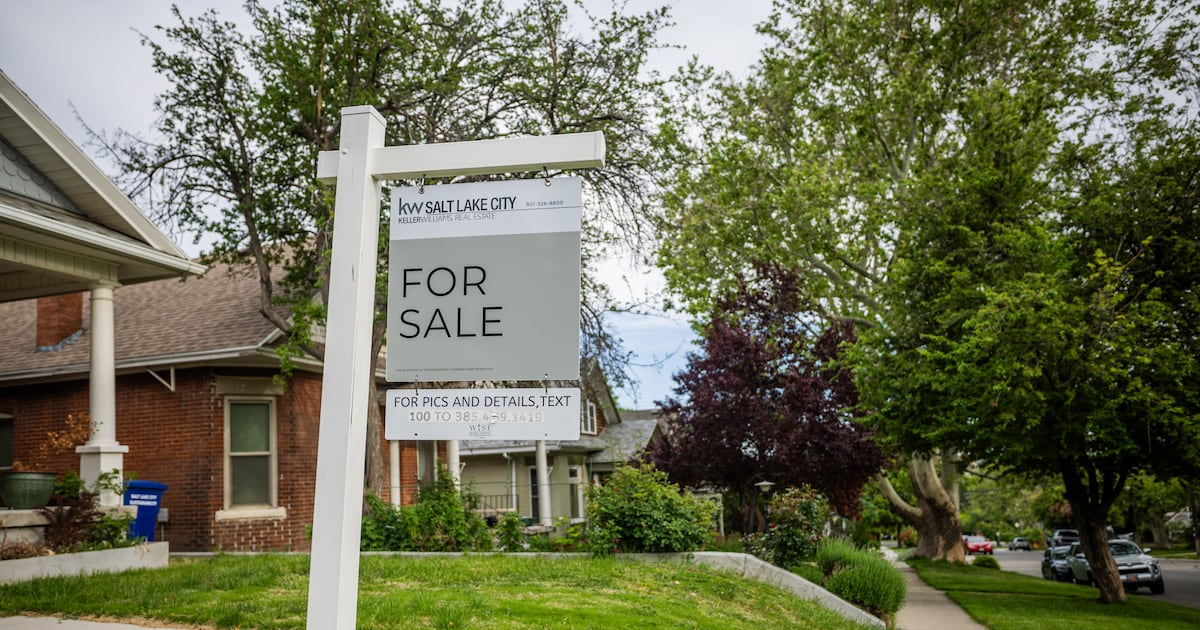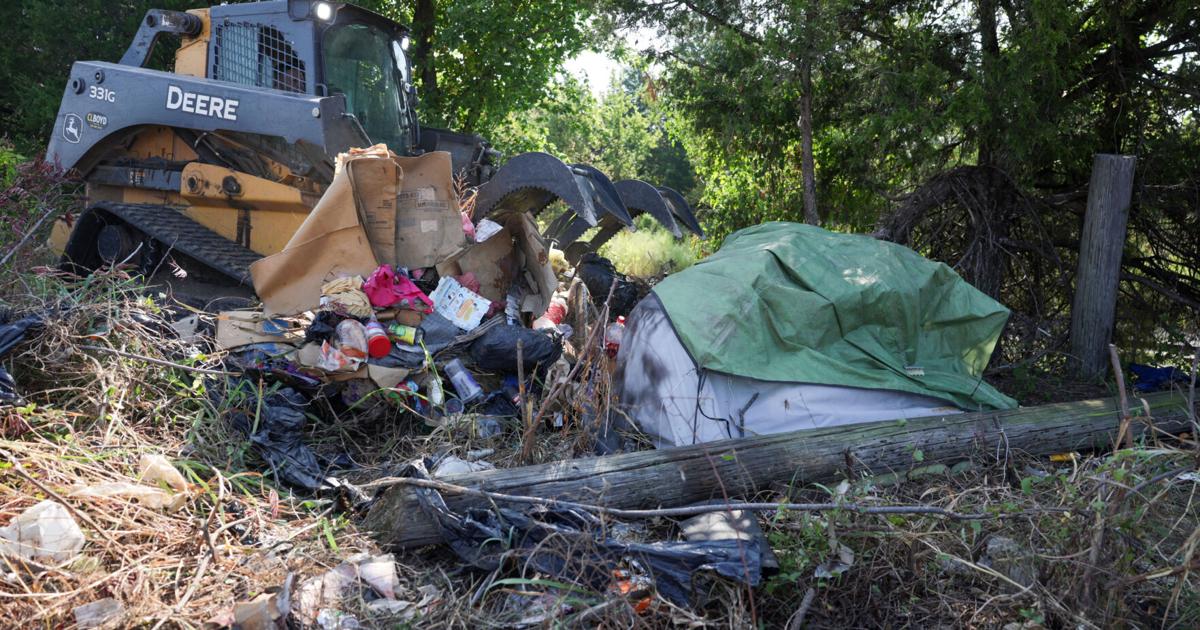Copyright Salt Lake City Deseret News

A slim majority of Utahns now say they’re less likely to make a major purchase this year, including buying a home, because of President Donald Trump’s tariff policy, according to the latest Deseret News/Hinckley Institute of Politics poll. Nearly a third of respondents, 31%, were much less likely to buy big items like homes or cars. Combined with another 20% who said the tariffs made them a little less likely to do so, a total of 51% of Utahns are hesitant to make a sizable financial commitment. But 42% said the president’s changing tariffs on foreign goods coming into the country hadn’t affected their spending plans. Just 7% said Trump’s tariff policy made them more likely to buy a big-ticket item. Pollsters also found that while just over half of Utahns, 51%, approve of how the president is doing his job, the same majority of Utahns also disapprove of how he’s handling tariffs and trade policy. At the same time, Utahns are facing increasing financial difficulties. According to the poll, a majority of people in the state are living paycheck-to-paycheck and 1 in 4 see themselves as financially strained and struggling to cover basic expenses. The poll, conducted by Morning Consult for the Deseret News and the University of Utah’s Hinckley Institute of Politics of 809 registered Utah voters Oct. 17-22, has a margin of error of plus or minus 3.0 percentage points. The results show a slight increase in the number of reluctant buyers since May, when a different pollster asked Utahns the same question and found just under half were likely to put off major purchases this year due to the tariff policy. A national poll conducted for the online brokerage Redfin in April, when some of the tariffs were starting to take effect, found a majority of Americans were less likely to buy a home, car or other major purchase in 2025. How economic uncertainty impacts Utah’s housing goals The economic uncertainty that’s been measured in polling is taking a toll on the housing market in Utah, where Gov. Spencer Cox has made building 35,000 starter homes that young residents can afford a top priority of his administration. “It’s a huge concern,” Steve Waldrip, the governor’s senior adviser for housing strategy, told the Deseret News recently. “Uncertainty slows everything down. Markets deal with certainty and once we know what the landscape is, then people can price that risk in.” But when what’s going on with the economy is unclear, homebuyers are more likely to balk. “When you don’t know what the risk is, then you’re going to usually hedge,” Waldrip said. “It really acts as an anchor on the economy when you have uncertainty. And we’re seeing that. We’re seeing that in construction starts, we’re seeing it in closes, we’re seeing it all across the economy right now,” he said, adding there’s “absolutely” an impact on starter homes. “What we’re asking builders and developers to do is things that are lower margin. Starter homes aren’t as profitable as second homes or move up homes or more expensive homes. The margins are thinner,” Waldrip said. Adding uncertainty on top of less potential profit “has an extreme chilling effect on people’s willingness to start things, because there’s just not as much cushion there for them to absorb economic blows,” he said, including from increased material costs due to tariffs. Ending what’s already been months of volatility surrounding tariffs could help ease the uncertainty, the governor’s housing advisor said. While he’s not surprised that has yet to happen, Waldrip said he remains hopeful.



